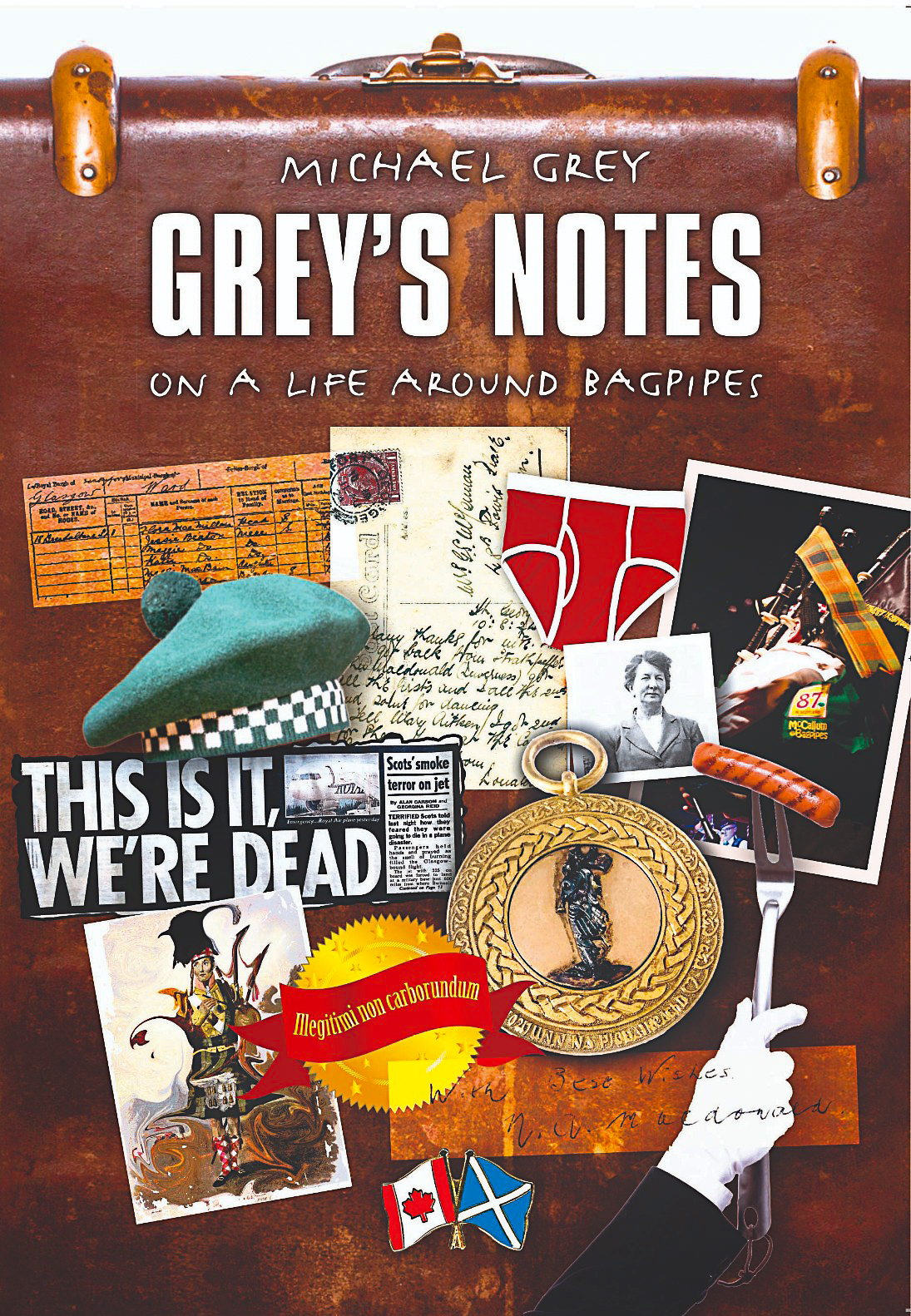Commiting Music to Memory
April 30, 2007 on 7:55 pm by Michael Grey | In Tips | Comments Off on Commiting Music to MemoryTradition along with the physical nature of the instrument makes performing pipe music with scores or manuscript a little difficult – and a real rarity. Having said that I must confess almost any studio recording I do is always with score and stand. So much more enjoyable. So much easier. The only time I can recall performing in public with manuscript in view was with “classical” musicians in the concert hall performance of John Beckwith‘s “A New Pibroch”.
Just think of the possibilities if we could perform with scores. The variety of music performed would surely explode. The hackneyed old reliables (talking tunes here) would be given deserved rest. Fresh might be more common, the avant garde might move forward with complex and unconventional phrases easier to lay out live.
Anyway, when pigs fly, right.
I’ve recently found myself faced with a whack of music to memorize in a short period of time and here’s my approach to the task:
Examine the manuscript for common phrases and common phrase patterns.
Highlight common phrases with a marker (the translucent highlighter works much better than the opaque models); if you can, match phrases with colour.
Start slow. Always practice accurate technique throughout the memorizing process: you’re building muscle memory as much as the other kind.
Focus on one part at a time. For example, play part one repeatedly (as many times as required to get to a place where you can raise your eyes from the score and still keep the tune moving).
As you become familiar with a part shift to the following part. Follow the same approach as the first part except play both parts together.
Make note of any aide memoire that works for you: among a lot of other silly markers I can tell you I have tunes in my square head that have “note sandwiches” (a unique phrase featuring one note and bookended by two similar phrases). Whatever works for you.
Continue like this until the tune is jammed in your head.
I have always found that the sooner I can force myself to play through the thing on the big pipes the sooner the tune truly gets committed to memory.
Of course, having a recorded version of the tune is always nice, too. A nice add-on to this process.But, really, there is no substitute for hard work with the score. Like dancers recalling choreography decades later by muscle memory I say the same holds true for musicians and their music. And it’s the hard job of chanter work that makes that happen. Not passive listening.
M.
No Comments yet
Sorry, the comment form is closed at this time.
Dunaber is using WordPress customized and designed by Yoann Le Goff from A Eneb Productions.
 Entries and comments
feeds.
Valid XHTML and CSS.
Entries and comments
feeds.
Valid XHTML and CSS.


